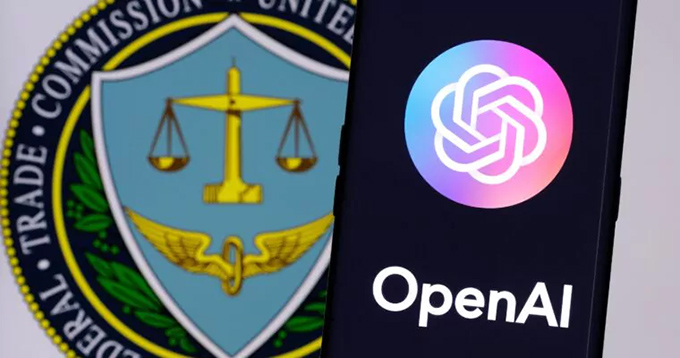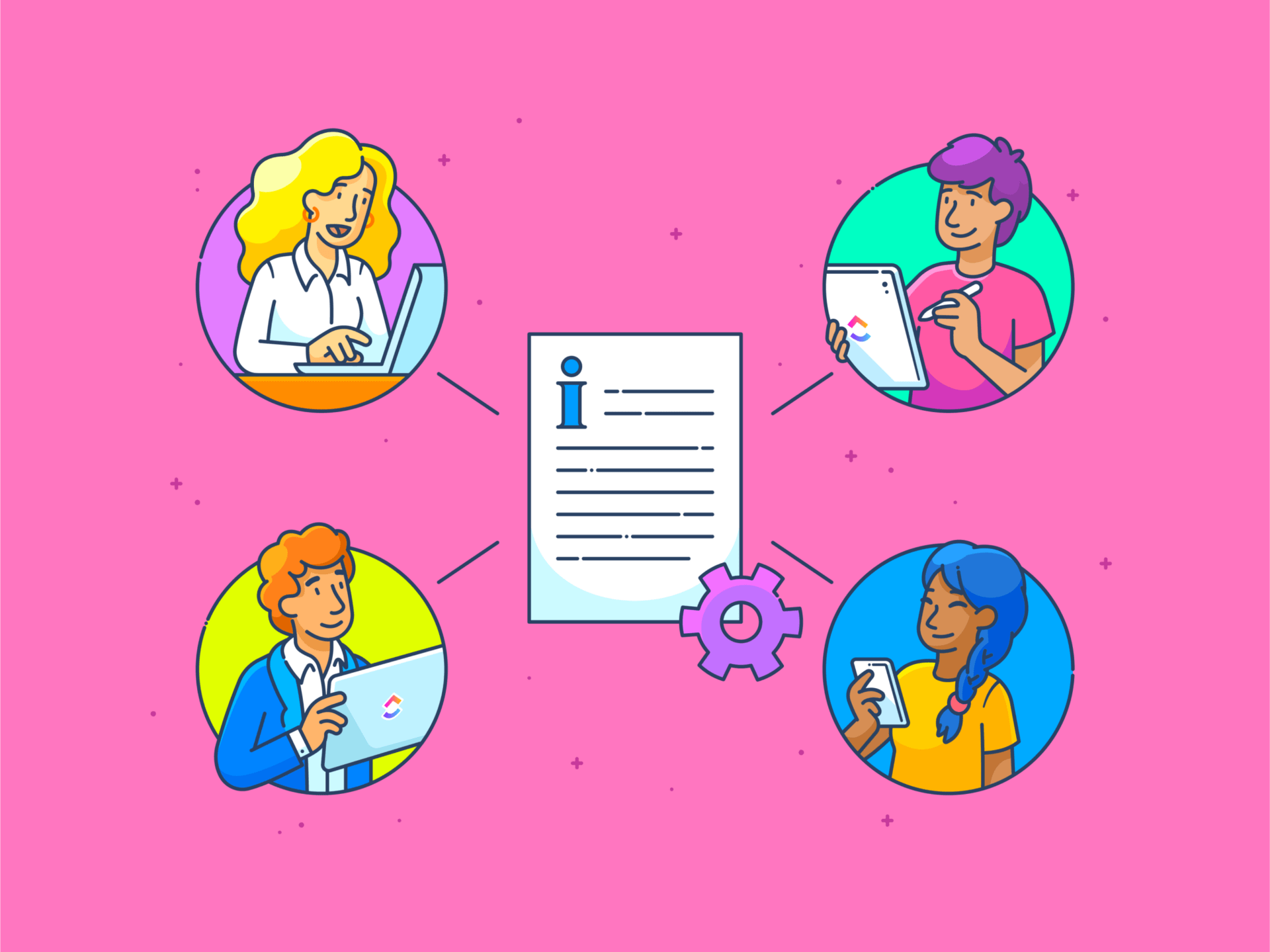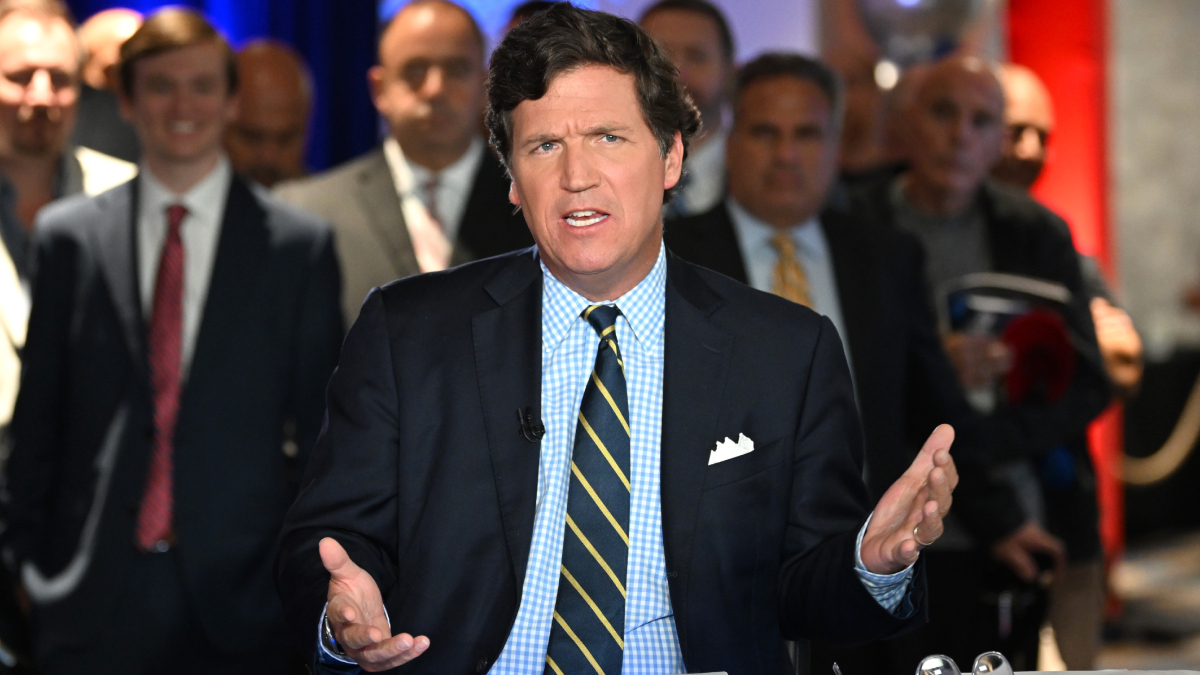FTC Probe Into OpenAI: Examining ChatGPT's Data Practices And Privacy

Table of Contents
The FTC's Investigation into OpenAI and ChatGPT
The FTC, the United States' primary consumer protection agency, possesses broad authority to investigate and take action against companies engaging in unfair or deceptive practices, including violations of data privacy. Their investigation into OpenAI stems from a confluence of factors, including concerns voiced by privacy advocates and reports highlighting potential vulnerabilities in ChatGPT's data handling. While the FTC hasn't publicly released all the details of their investigation, news reports indicate a focus on several key areas.
- Concerns regarding the collection and use of user data for training ChatGPT: A primary concern centers on how OpenAI utilizes user data—including conversations, prompts, and personal information—to train and improve ChatGPT's capabilities. Critics argue that this practice may violate user expectations of privacy and data security.
- Allegations of potential violations of consumer protection laws: The FTC is investigating whether OpenAI's data practices comply with existing consumer protection laws, which require transparency and user consent regarding data collection and use.
- The scope of the investigation and its potential outcomes: The investigation could lead to significant consequences for OpenAI, including substantial fines, mandated changes to data practices, and even broader regulatory changes impacting the AI industry.
ChatGPT's Data Collection and Usage Practices
ChatGPT collects user data in various ways. Every interaction, from simple queries to complex conversations, contributes to the vast dataset used to train and refine the AI model. This includes the user's input data (the questions or prompts), the chatbot's responses, and potentially other contextual information.
OpenAI's published privacy policy outlines some of its data practices, but concerns remain about the transparency and comprehensiveness of these disclosures. Many users are unaware of the extent to which their data is collected and utilized.
- The role of user data in training the AI model: User data is crucial for training AI models like ChatGPT. The more data the model processes, the better it becomes at understanding and responding to user requests. However, this reliance on user data raises important ethical questions.
- Potential for data breaches and security vulnerabilities: Storing and processing vast quantities of sensitive user data increases the risk of data breaches and security vulnerabilities. Any compromise of this data could have severe consequences for users.
- Ethical implications of using user data without explicit consent: The ethical implications of utilizing user data for training without explicit and informed consent are significant. Many argue that users should have greater control over how their data is used.
Privacy Risks Associated with ChatGPT and Similar AI Models
The use of ChatGPT, and similar AI models, presents several distinct privacy risks.
- Risk of data leakage and unauthorized access: Data breaches, accidental disclosure, or malicious access to the vast datasets used to train AI models pose significant risks.
- Potential for sensitive information to be disclosed inadvertently: Users may inadvertently disclose sensitive personal information during their interactions with ChatGPT, without realizing the potential consequences.
- The challenge of ensuring data anonymization and de-identification: Completely anonymizing and de-identifying user data within these massive datasets is extremely difficult, raising ongoing challenges.
- The difficulty of complying with different data privacy regulations: Navigating and complying with various international data privacy regulations, such as GDPR and CCPA, adds complexity to the already challenging task of safeguarding user data. AI models often operate across jurisdictional boundaries, making compliance even more difficult.
The Broader Implications for AI Development and Regulation
The FTC's investigation into OpenAI and ChatGPT has far-reaching implications for the entire AI landscape. It underscores the urgent need for stronger regulations and ethical guidelines governing the development and deployment of AI technologies.
- The potential for increased regulatory scrutiny of AI companies: This investigation sets a precedent for greater regulatory scrutiny of AI companies and their data handling practices. We can expect increased oversight and stricter enforcement of existing regulations.
- The need for greater transparency and accountability in AI data practices: The investigation highlights the critical need for greater transparency from AI companies regarding their data collection, usage, and security practices. Increased accountability is vital.
- The development of industry-wide best practices for AI data privacy: The AI industry needs to collaborate on establishing robust industry-wide best practices for AI data privacy to ensure user data is handled responsibly and ethically.
- The role of international cooperation in regulating AI globally: Because AI transcends national borders, international cooperation is crucial for effective global regulation. Harmonizing data privacy regulations across jurisdictions is essential.
Conclusion
The FTC's probe into OpenAI and ChatGPT's data practices has exposed critical privacy concerns within the rapidly evolving field of artificial intelligence. The investigation highlights the potential risks associated with the collection and use of user data for training AI models and underscores the urgent need for stronger regulations and greater transparency. This has far-reaching implications for the future of AI development and regulation, prompting a crucial conversation about accountability and user privacy in the age of AI. The FTC probe into OpenAI's ChatGPT underscores the urgent need for greater transparency and accountability in AI data practices. Stay informed about ongoing developments and advocate for stronger regulations to protect your data privacy in the age of artificial intelligence. Learn more about ChatGPT's data practices and the FTC's investigation to better understand the implications for your own data security and privacy.

Featured Posts
-
 Circumventing Tariffs A Look At Tik Toks Influence
Apr 22, 2025
Circumventing Tariffs A Look At Tik Toks Influence
Apr 22, 2025 -
 Secret Service Investigation Concludes Cocaine Found At White House
Apr 22, 2025
Secret Service Investigation Concludes Cocaine Found At White House
Apr 22, 2025 -
 Tik Tok And Trump Tariffs How Businesses Are Circumventing Them
Apr 22, 2025
Tik Tok And Trump Tariffs How Businesses Are Circumventing Them
Apr 22, 2025 -
 Bypassing Trump Tariffs Lessons Learned From Tik Tok
Apr 22, 2025
Bypassing Trump Tariffs Lessons Learned From Tik Tok
Apr 22, 2025 -
 Ray Epps V Fox News A Deep Dive Into The January 6th Defamation Case
Apr 22, 2025
Ray Epps V Fox News A Deep Dive Into The January 6th Defamation Case
Apr 22, 2025
